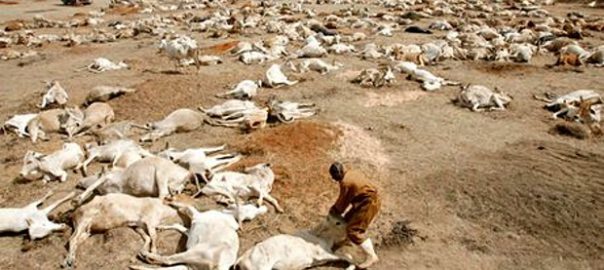In case you weren’t already convinced that overuse of antibiotics in livestock is a bad, bad, bad idea — a recent study offers a new reason to scale back on them: climate change.

An international research team found that dung from cattle treated with a commonly used antibiotic gave off a little less than double the amount of methane of antibiotic-free dung. Their work was published Thursday in the science journal Proceedings Of the Royal Society B.
Scientists tested dung from 10 cows. Five of the cows received a three-day course of broad-spectrum antibiotic tetracycline, and five received none, Phys.org reports. Researchers then measured the dung’s outputs of carbon dioxide, methane and nitrous oxide, and found that the antibiotic course “consistently increased methane emissions.” Right now, the researchers aren’t sure exactly why the antibiotics have this effect.
Scientists also found that the antibiotics changed the types of microorganisms living within dung beetles that fed on the dung. That finding is important because it indicates that giving livestock antibiotics can affect other wildlife and not just the “target animal,” lead author Tobin Hammer told The Huffington Post in an email.
“In this case, dung beetle size and numbers were not affected — which is good, because these beetles are ecologically important,” Hammer said. However, it’s possible the drugs could influence the beetles in other ways that researchers didn’t examine, like behavior. He added that more work is needed to determine the various ways that different types of antibiotics could affect different animal species.
The new research comes after decades of experts warning that mass antibiotic use in livestock can and does lead to “superbugs” — bacteria that are totally resistant to antibiotics. As early as 1976, a Tufts University researcher found that when chickens received tetracycline, both the chickens and the farm workers handling them developed tetracycline-resistant bacteria within only a week.
Read more: Huffington Post
